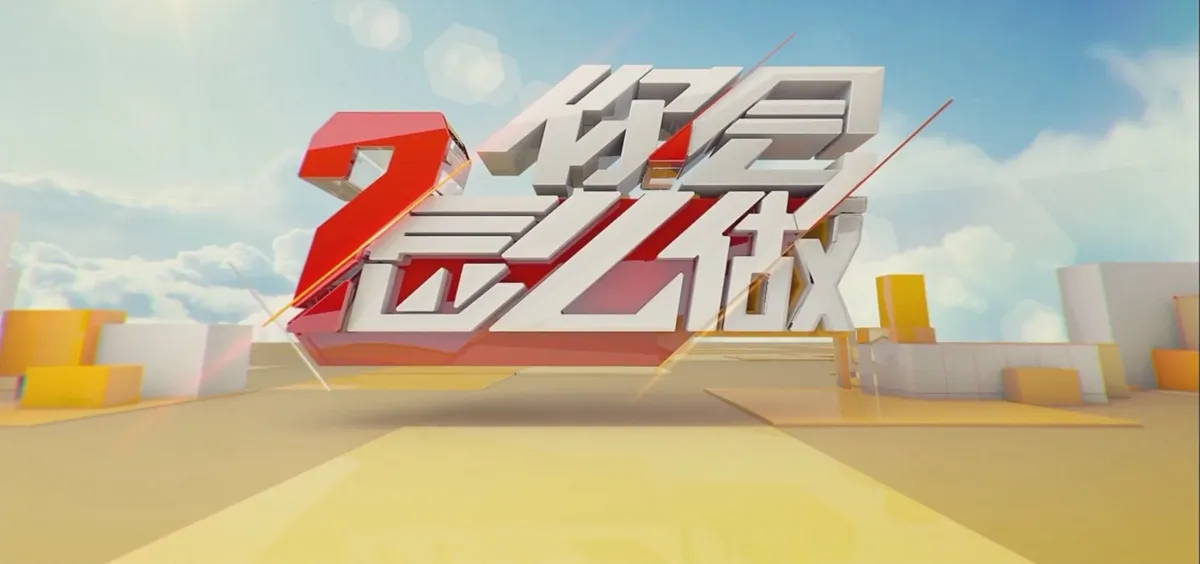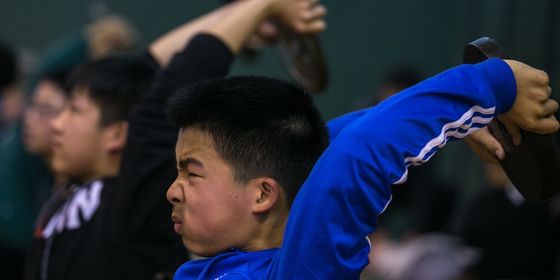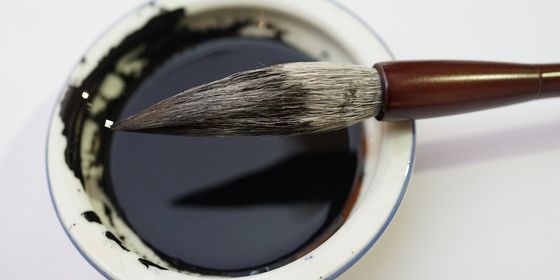Hidden-camera show provokes discussion about bystander effect—but how ethical is it?
If you see a man beating his wife in front of you, would you stop him?
If a homeless man is being kicked out of a restaurant, would you invite him to share a table with you?
If a 12-year-old boy tries to bum a cigarette from you, would you agree?
These questions are all what the show What Would You Do? wants to answer. Imported from the US, the Chinese version of the show identifies itself as a society-observing program. In every episode, the program features actors acting an uncomfortable scene in public and uses hidden cameras to videotape the reaction of bystanders—will they intervene? And If they do, what would they do? Afterwards, several critics will watch the tape together in the studio and give their comments.
Since it first aired on Guangdong Television in January, 2015, the show has been enjoying great popularity and has frequently been a trending search item on Weibo. The situations that the show chooses to explore are always closely connected with current events, which makes it an easy trigger for discussion. In a recent episode, “valuing men more than women” was the theme. As the premise of the episode goes, for thousands of years, China has been influenced by a deep-rooted cultural preference for males. Though modern Chinese law and parts of the public have been advocating gender equality for decades, the idea is not completely eliminated and is a hugely controversial topic in China today.
The show sets the scene in a restaurant, where throughout the meal, a grandmother criticizes her granddaughter while praising her grandson. She asks the girl, “How can a girl be useful?” and tells her, “I won’t rely on you! I’ll wait for my grandson to grow up and look after me!” and “You can’t eat this cake, that’s for your little brother!”
The scene was acted out four times, and all attracted intervention from people sitting next to the actors. The first time, a young man immediately stood up and began arguing with the grandmother. The second time, two high school students came over to comfort the girl, and encouraged her by listing the names of many successful women in China. The third time, it was observed by a young woman, who also chose to comfort the girl, telling her that it’s not her problem and that her grandmother acts like this because she was also mistreated when she was young. The last time, a young man sitting nearby wrote his phone number to the girl and told her, “Whenever you have a problem, feel free to call me.”
After this episode was released, it received a lot of feedback on the internet. On social media, many netizens shared their personal experiences with chauvinistic attitudes and called for equal rights.

Maybe because I am female, but if I were to see this, I would probably have picked a fight with that grandmother. Honestly, every time I hear such words I feel very angry.

The strangest part is that these chauvinistic mothers and grandmothers were emotionally abused and troubled as children by chauvinistic family members, so why are they passing down these attitude after they have children and grandchildren? Having been treated unfairly yourself, your response is to treat next generation unfairly? This baffles me.
Though most audience members focused on the questions the producers intended to raise, the show is without controversy among its viewers. In one episode, some passers-by were stopped by a child actress, who asked them to buy a bottle of baijiu for her. But after these passers-by refused the girl and told her that minors were not allowed to drink, they left in the same direction from which they came. Viewers regarded this as evidence that the show is actually scripted, and these “passers-by” are also actors.
There are viewers who also strongly opposed the idea of making a test of human nature. They say that a TV show shouldn’t have the right to use a hidden camera to observe people and judge their behaviors. Some even add that if shows like this continue, then when people encounter real emergencies, they might think it’s staged and choose to stand aside.
The show can be found on iQiyi, if you are interested; go to have a look and tell us your what you think.
Cover image from gdtv.cn














